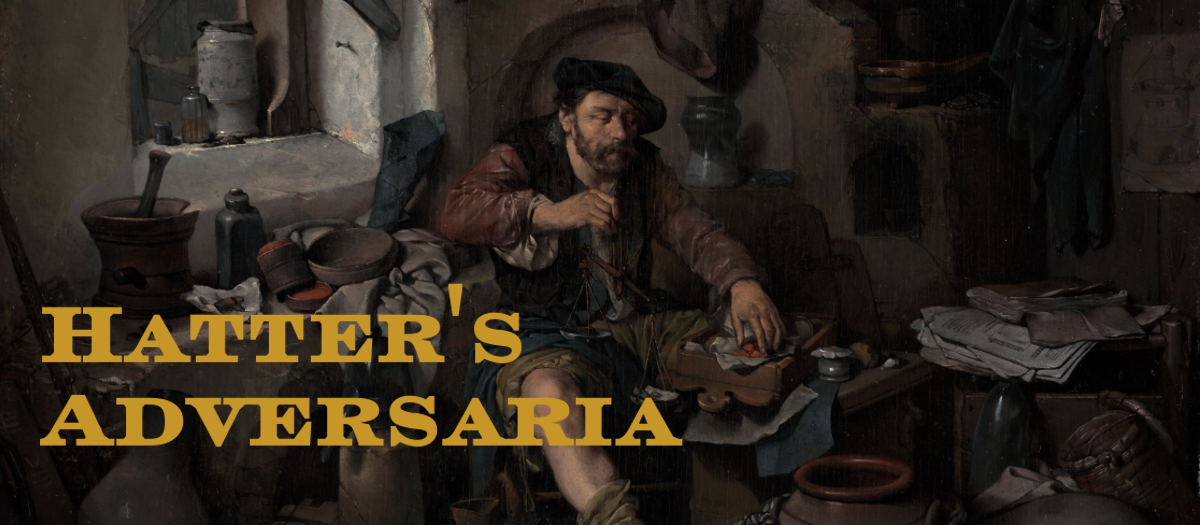From "The Discourse on Language" (The Archaeology of Knowledge and The Discourse on Language; trans. A.M. Sheridan Smith; Pantheon: NY, 1972; pgs 223-24)
|
Within its own limits, every discipline recognises true and false propositions, but it repulses a whole teratology of learning. The exterior of a science is both more, and less, populated that one might think: certainly, there is immediate experience, imaginary themes bearing on and continually accompanying immemorial beliefs; but perhaps there are no errors in the strict sense of the term, for error can only emerge and be identified within a well defined process; there are monsters on the prowl, however, whose forms alter with the history of knowledge. In short, a proposition must fulfil some onerous and complex conditions before it can be admitted within a discipline; before it can be pronounced true or false it must be, as Monsieur Canguilhem might say, 'within the true'. People have often wondered how on earth nineteenth-century botanists and biologists managed not to see the truth of Mendel's statements. But it was precisely because Mendel spoke of objects, employed mthods and placed himself within a theoretical perspective totally alien to the biology of his time. But then, Naudin had suggested that hereditary traits constituted a separate element before him; and yet, however novel or unfamiliar the principle may have been, it was nevertheless reconcilable, if only as an enigma, with the biological discourse. Mendel, on the other hand, announced that hereditary traits constituted an absolutely new biological object, thanks to a hitherto untried system of siltrage: he detached them from species, from the sex transmitting them, the field in which he observed being that infinitely open series of generations in which hereditary traits appear and disappear with statistical regularity. Here was a new object, calling for new conceptual tools, and for fresh theoretical foundations. Mendel spoke the truth, but he was not dans le vrai (within the true) of contemporary biological discourse: it seimply was not along such lines that objects and biological concepts were formed. A whole change in scale, the deployment of a totally new range of objects in biology was required before Mendel could enter into the true monster, so much so that science could not even properly speak of him. And yet Schleiden, for example, thirty years earlier, denying, at the height of the nineteenth century, vegetable sexuality, was committing no more than a disciplined error. It is always possible one could speak the truth in a void; one would only be in the true, however, if one obeyed the rules of some discursive 'policy' which would have to be reactivated every time one spoke. Disciplines constitute a system of control in the production of discourse, fixing its limits through the action of an identity taking the form of a permanent reactivation of the rules. We tend to see, in an author's fertility, in the multiplicity of commentaries and in the development of a discipline so many infinite resources available for the creation of discourse. Perhaps so, but they are nonetheless principles of constraint, and it is probably impossible to appreviate their positive, multiplicatory role without first taking into consideration their restrictive, constraining role. |
There is a pdf of essay/lecture available at this link.
